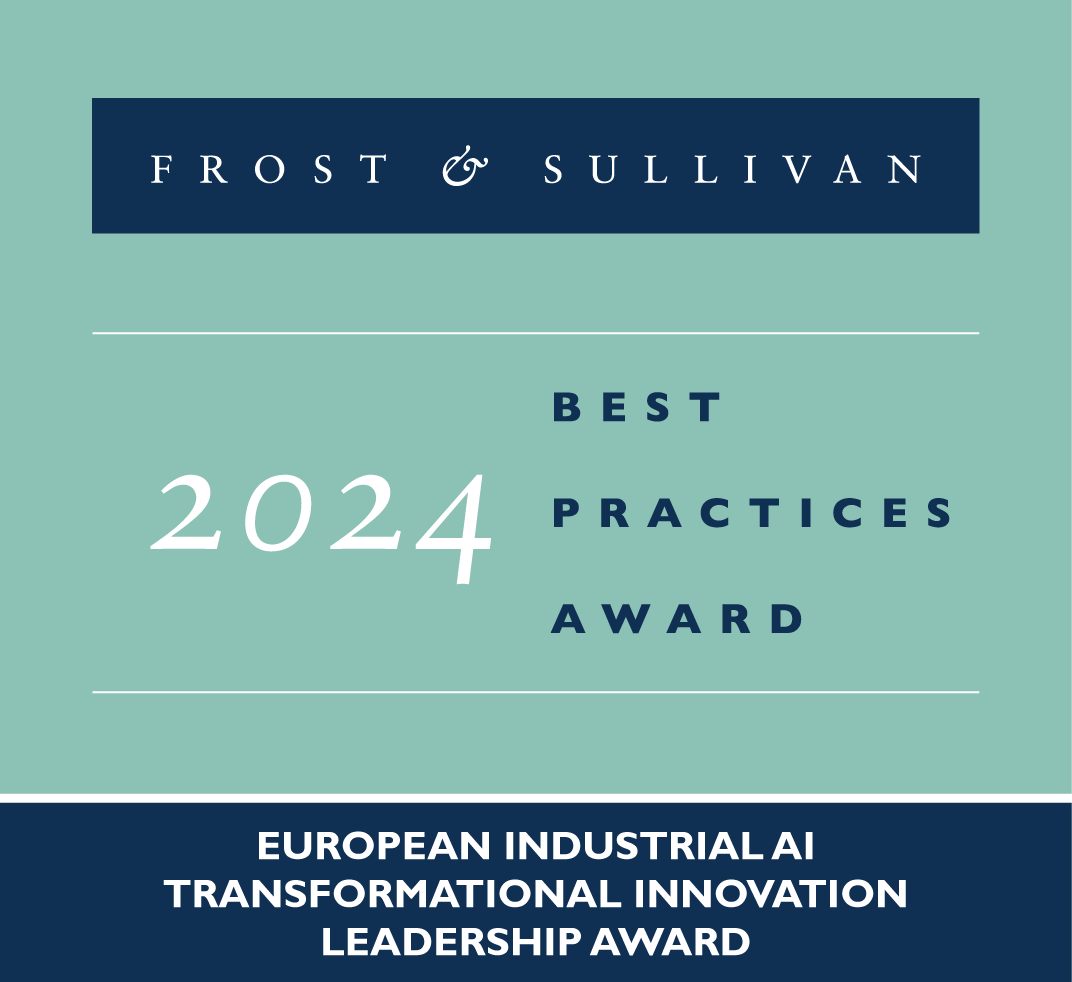In today’s rapidly evolving business landscape, the integration of Environmental, Social, and Governance (ESG) principles has become crucial for manufacturing companies striving for sustainability. The manufacturing industry is under increasing pressure to address its environmental impact and social responsibilities, making it critical for organizations to adopt effective ESG practices. By understanding ESG’s role in manufacturing, companies can not only comply with regulatory demands but also gain a competitive edge, improve operational efficiency, and foster a culture of accountability and innovation. For instance, companies that integrate strong ESG practices have been shown to achieve 10-15% higher profitability compared to those with weaker ESG integration. This demonstrates that adopting sustainable and socially responsible practices not only benefits the environment and society but also drives long-term financial performance.
Key Drivers for Effective ESG Integration
Integrating ESG into manufacturing isn’t just a regulatory requirement, it represents a fundamental shift towards sustainable business practices that enhance operational resilience and drive long-term value. Organizations that prioritize ESG often experience significant operational efficiencies, better risk management, and increased appeal among consumers and investors who value sustainability.
Furthermore, integrating ESG practices can lead to cost savings through improved resource management and waste reduction. Manufacturers that invest in sustainable technologies and processes often find that their long-term operational costs decrease, driving both profitability and sustainability. As such, the strategic alignment of ESG with business objectives not only fulfils regulatory demands but also serves as a pathway to innovation and growth.
New Pathways for Sustainable Manufacturing Success
The shift toward sustainable manufacturing practices opens a myriad of growth opportunities. Industries like automotive, aerospace, and electronics are leading the charge in adopting digital technologies such as automation, artificial intelligence (AI), and the Internet of Things (IoT). This integration enhances efficiency by leveraging operational data for process optimization. For instance, BMW has integrated AI and IoT at its Leipzig plant to optimize energy consumption and reduce waste, enhancing both operational efficiency and sustainability. This integration of digital technologies is setting a benchmark for other industries.
As consumers increasingly seek eco-friendly products, companies with robust ESG initiatives stand to gain a competitive advantage, not only attracting consumers but also establishing valuable partnerships with green companies Additionally, Investors are also increasingly favoring companies with strong ESG credentials, recognizing that these organizations are better positioned for long-term success. According to a 2023 report, around 80% of global institutional investors consider ESG factors when making investment decisions, highlighting the increasing value of integrating ESG into manufacturing and other domains.
Best Practices for Seamless ESG Adoption
For manufacturers looking to adopt ESG, the following best practices provide a roadmap to achieve sustainability and operational excellence:
- Embracing Advanced Technologies
Investing in advanced technologies like Manufacturing Execution Systems (MES) and Quality Management Systems (QMS) streamlines operations, reduces waste, and enhances productivity. These tools provide real-time insights, enabling manufacturers to optimize resource allocation and align with sustainability objectives.
- Embedding ESG in Everyday Operations
Incorporating ESG principles into daily practices is essential for fostering sustainability. Implementing energy management programs, water conservation initiatives, and waste recycling systems not only minimizes environmental impact but also strengthens community engagement, showcasing a company’s commitment to social responsibility.
- Leveraging Digital Transformation
Digital transformation enhances ESG performance by improving transparency and compliance. Utilizing digital tools for real-time monitoring and ethical sourcing allows manufacturers to track energy usage and emissions, enabling data-driven decisions that reduce environmental footprints and support responsible business practices.
- Committing to Regulatory Compliance and Transparency
Staying compliant with environmental regulations is crucial for sustainable manufacturing. Adopting robust ESG reporting frameworks and transparent communication fosters credibility, mitigates legal risks, and builds trust with investors and consumers, positioning the company as a responsible corporate citizen.
| Companies Excelling in ESG Practices
Royal Enfield’s commitment to sustainability is evident through its innovative CSR initiatives aligned with the UN Sustainable Development Goals. These efforts include destination development, waste management awareness, emission reduction, and biodiversity management, driving a cleaner, greener future while fostering a culture of responsible riding. Genpact drives sustainability through innovations like green-certified facilities, renewable energy adoption, water conservation, and the “Breathing More Easily” initiative with liquid trees for enhanced carbon sequestration. Their focus on energy efficiency, employee well-being, and environmental stewardship underscores their commitment to a sustainable future. Mondelez is leading the charge in sustainability with groundbreaking initiatives, including RE100 compliance, transformative energy strategies, and water stewardship. Its bold actions in waste reduction, sustainable packaging, and plastic elimination, alongside embedding sustainability in product innovation, are setting new standards for a greener future. |
Conclusion
As the manufacturing industry evolves, integrating ESG principles is essential for achieving sustainability goals and building trust with stakeholders. By adopting best practices and aligning with strategic imperatives, manufacturing companies can not only comply with regulations but also unlock new growth opportunities in a competitive landscape. A comprehensive understanding of ESG in manufacturing and its strategic significance will be critical as the industry evolves, positioning organizations to foster a more sustainable and responsible future.
About Frost & Sullivan
Frost & Sullivan, the growth pipeline company, helps clients accelerate growth and achieve industry leadership through innovative strategies and best practices. Our ‘Growth Pipeline-as-a-Service’ provides transformative strategies for evaluating and implementing growth opportunities in the power and energy sector. Let us guide you on your transformational journey with four powerful components:
- Schedule a Growth Dialog to explore transformative strategies and address specific needs within your organization.
- Become a Frost Growth Expert in your specialization and contribute your expertise through our think tanks.
- Join Frost & Sullivan’s Growth Council to be part of a dynamic community focused on identifying growth opportunities and tackling critical industry challenges.
Designate Your Company as a Companies to Action to enhance exposure to investors, M&A opportunities, and other growth prospects.




